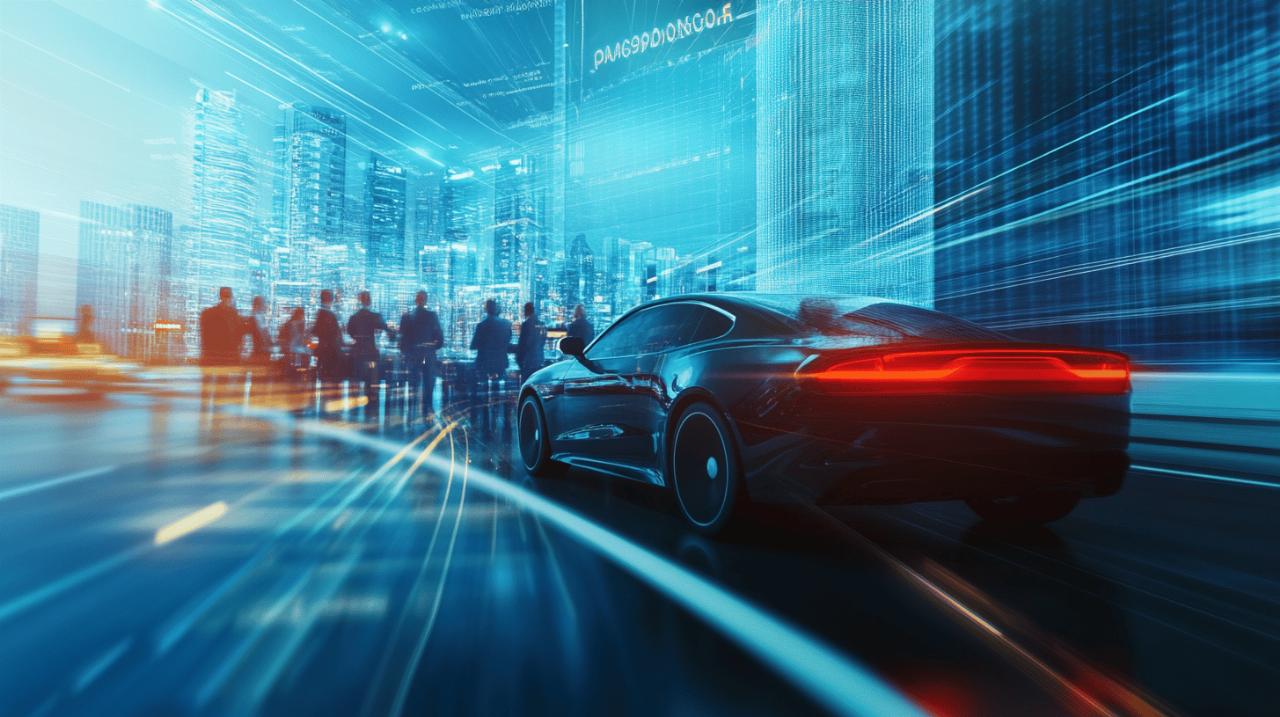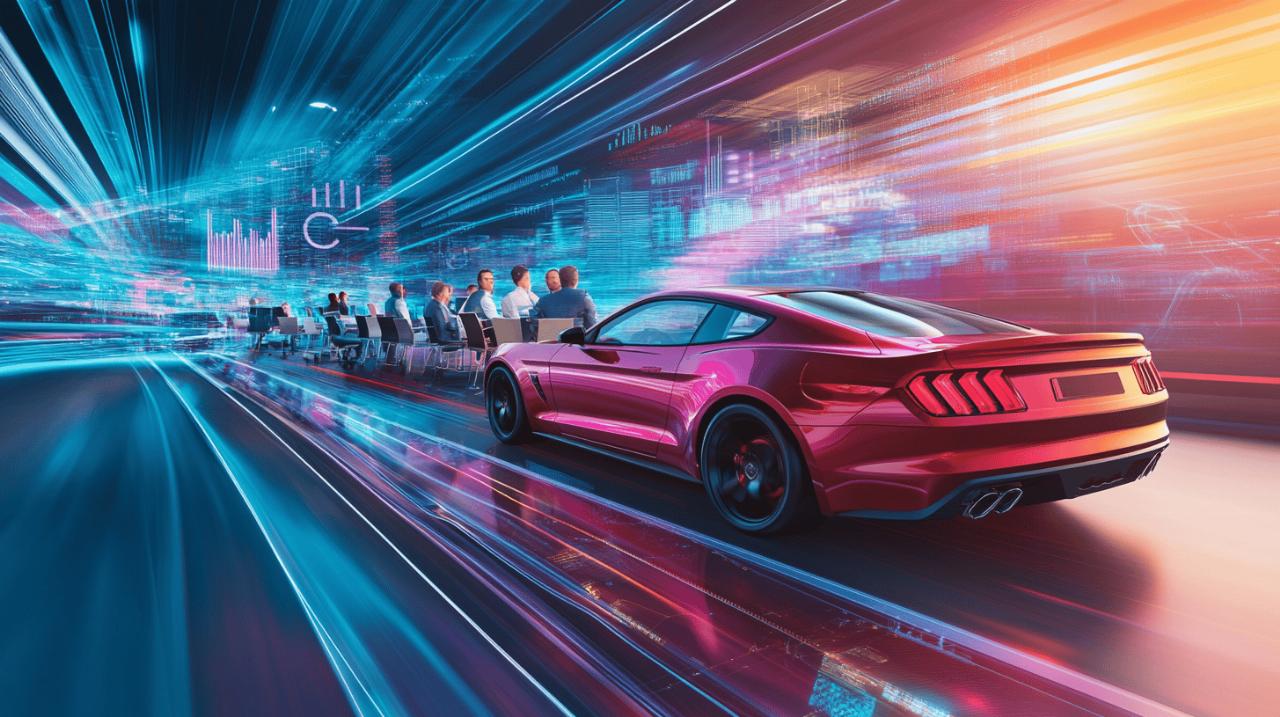Emerging Trends in the Automotive Industry
The automotive sector is experiencing rapid transformation in 2025, with digital innovation and changing consumer behaviours reshaping how vehicles are manufactured, marketed, and sold. Industry publications like IKM Milano have been documenting these shifts across multiple sectors, including the automotive industry where traditional approaches are being revolutionised by technology and sustainability concerns. The convergence of digital marketing strategies with automotive retail has created new opportunities for businesses to connect with potential customers.
Electric vehicle market growth and investment opportunities
Electric vehicle adoption continues to accelerate at an impressive rate. In the United States alone, there was a 21% year-over-year increase with 1.7 million EVs sold in 2024. This growth trajectory is expected to continue through 2025 and beyond. However, a significant pricing gap remains between consumer expectations and market realities. While 47% of EV shoppers prefer to pay less than £40,000, only four models were available in that price range in 2024. The average EV transaction price stood at £61,702 in 2023, approximately £15,000 more than traditional vehicles.
Manufacturers are now focusing on addressing this price discrepancy to capture the growing market of environmentally-conscious consumers. Sustainability has become a core selling point, with customers increasingly prioritising zero-emission vehicles and eco-friendly manufacturing processes. This shift represents not just a change in product offerings but a fundamental realignment of automotive marketing strategies toward green credentials and future-focused messaging.
Digital Transformation in Automotive Manufacturing and Sales
The digital-first approach to car buying has become firmly established, with 95% of car buyers conducting online research before making a purchase. Perhaps more surprisingly, 14% of online car buyers surveyed did not even test drive their vehicle before completing the purchase. This confidence in digital purchasing channels is reflected in satisfaction rates, with 78% of American consumers who bought a car online reporting a satisfying experience.
Automotive manufacturers and dealerships are responding by creating immersive digital experiences. More than 75% of automotive shoppers say online video content has influenced their purchasing decisions, and over 60% visited a dealership or dealer website after watching such videos. The metaverse is also beginning to play a role, with virtual dealerships allowing customers to explore vehicles in digital environments before visiting physical locations.

Effective marketing strategies for modern businesses
Marketing approaches across industries have evolved significantly, with automotive companies at the forefront of adopting innovative strategies. The historical perspective is fascinating—car industry advertising dates back to 1898, but the digital revolution and particularly the COVID-19 pandemic have accelerated the shift toward online marketing channels. In the UK, this digital transformation coincided with market growth, as new car registrations increased by 28% in July 2023 compared to the previous year, with over 140,000 cars registered.
Data-driven decision making in marketing campaigns
Personalisation has become essential in automotive marketing, with data showing it can deliver 5-8 times the return on investment and lift sales by 10% or more. This approach is particularly important as 6 out of 10 car buyers remain open to considering multiple vehicle options throughout their shopping journey. Understanding customer behaviour has never been more critical—car buyers in 2022 spent 14 hours and 39 minutes researching before purchasing, an 18% increase from 2021.
Artificial intelligence is transforming how marketers analyse and act upon customer data. From predicting purchasing patterns to powering chatbots that handle customer inquiries, AI solutions are helping dealerships provide more personalised experiences while streamlining operations. According to recent statistics, 87.2% of customer interactions with automotive chatbots resulted in positive or neutral experiences, suggesting growing consumer comfort with these technologies.
Social media platforms as marketing powerhouses
Social media has established itself as a crucial component of the automotive marketing mix. More than 38% of car buyers consulted social media and influencers before making their purchase decision, and 45% of shoppers will use social media to research their next vehicle. The impact is substantial—21% of buyers reported that social media directly influenced their car choice in 2022, up from 16% in 2021, while 71% used these platforms to assist their purchasing journey.
Instagram dominates automotive influencer marketing, with 90% of the 1.37 million influencer posts mentioning the auto industry in one quarter of 2023 appearing on this platform. Success stories abound—BMW Spain used TikTok to generate leads and reduced their cost per lead by 47%, while Toyota partnered with LadBible to enhance the perception of the Yaris model, reaching 28.8 million people and improving purchase interest. Mercedes-Benz found similar success through a film partnership with ‘Avatar: The Way of Water,’ generating 100,000 engagements and over 1 million impressions. These examples demonstrate how creative social media strategies can yield measurable results for automotive brands seeking to connect with digital-savvy consumers in 2025.
